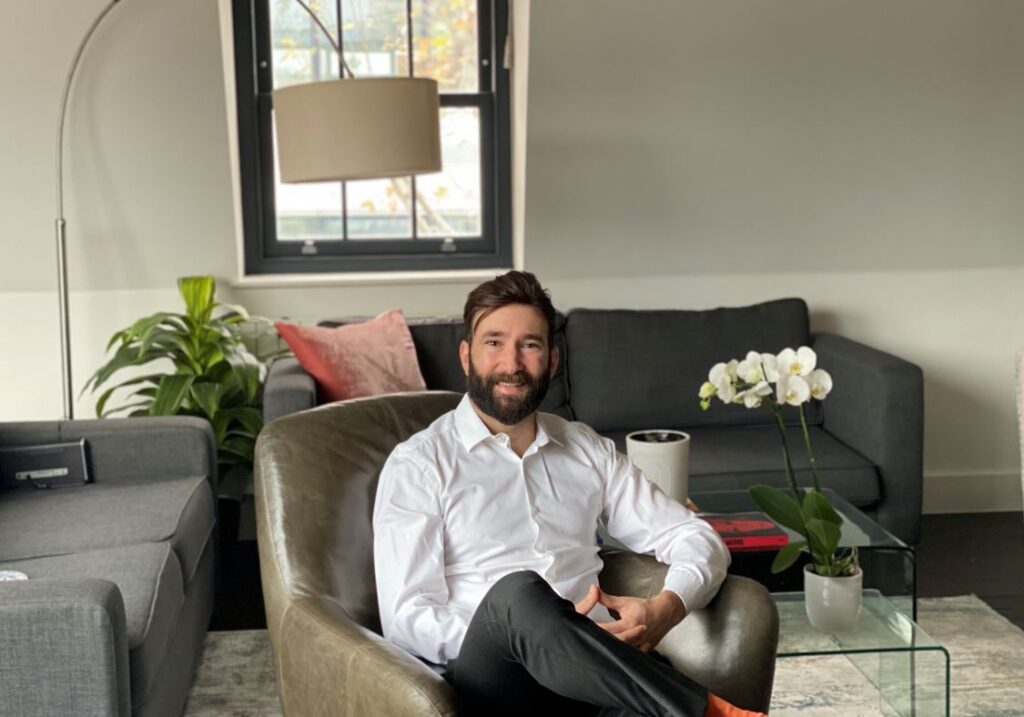My Working Day – Johan Hajji – Co-founder of UpperKey

As the leader of a company, you are there to set an example, to lead and inspire a team of individuals to achieve a series of business goals. But, how do these business leaders go about their daily routine?
We spoke to Johan Hajji – Co-founder of UpperKey about his working day.
What time do you usually wake up?
I’m an early riser so I typically wake up at around 5 AM and check the news. I’m always closely tracking what is happening in the property and technology industries to stay inspired and solve more problems for property owners and business travellers.
What do you typically have for breakfast?
I am a typical Parisian – I enjoy eggs, cheese, bread and a good dose of caffeine!
What is the rest of your morning routine?
I always exercise in the morning before work and settle in at my desk by 9.30 AM. This helps me to start my day with a good energy.
What is the first thing you do at the start of your working day?
Many days start with a one-hour call with our board which is based in Singapore. They are highly valued consultants with a lot of experience, so these sessions are focused on high-level strategy. This means I start my day learning and listening to feedback. We look at the big picture to keep us focused on driving success with our guaranteed-rent business model.
How do you prioritise your day’s work?
My assistant is brilliant arming me with data analytics to decide where to focus my time and make business decisions. Once I know what’s on my plate, I get the small, straightforward tasks out of the way in under 15 minutes before turning my attention to the big projects. My big priority, though, is to get all our straightforward tasks automated so we can focus more energy on improving client experience and driving business growth.
Do you plan meetings or are they a waste of time?
Meetings need to be focused on making decisions and closing projects, not just talking. I want to leave a meeting feeling like we have achieved something – whether that’s agreeing on a new hire or launching a new piece of technology that will streamline operations.
Do you have a working lunch or is it good to take a break?
By lunchtime, I’m in full work mode so I tend to grab food at my desk.
When does your working day finish?
I work until around six in my office, but I may then move to the living room to wrap up the day. It’s good to get a change of environment and start winding down.
How do you prepare for the next day’s work?
I’m not wired to leave things until the next day. I don’t want anything to drag on – I just want to get things done so I can move on. If I’m not on top of my own daily tasks, I can’t invest as much time innovating and nurturing the talent in my team.
What’s your favourite piece of technology?
At the moment I’m loving working with Airtable – which is like a super powerful Excel. I can see why the company won unicorn valuation last year because it makes work really easy. I also enjoy experimenting with APIs to plug different web pages and applications into Airtable.
How do you switch off?
I switch off at the weekend, but the nature of the job is that I need to be available in case of any issues. I don’t see this as a problem because I know our properties inside out. This means I can usually solve things quickly and get back to enjoying the weekend.
What’s the best piece of advice you’ve ever received?
It’s very simple: never take life too seriously. We have grown a successful business – from a €2,000 investment to a €15 million revenue company – because we enjoy what we do and don’t forget to have fun along the way.




